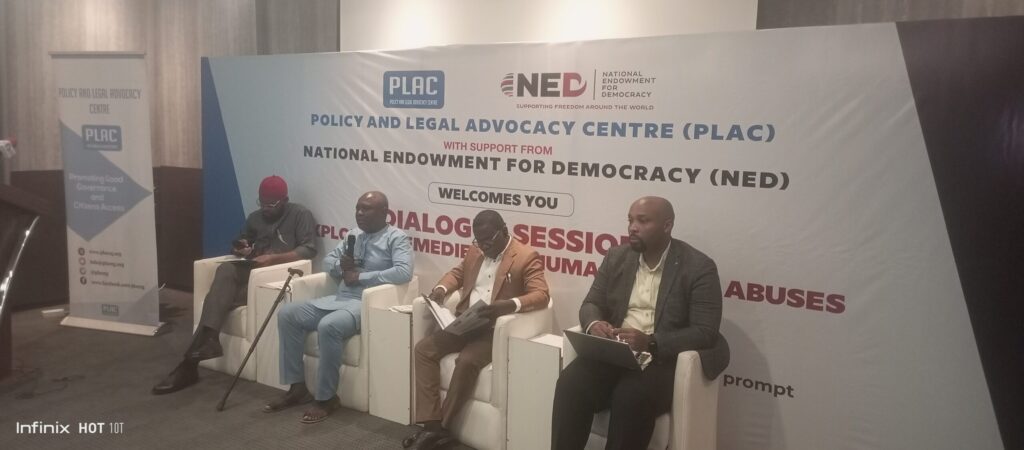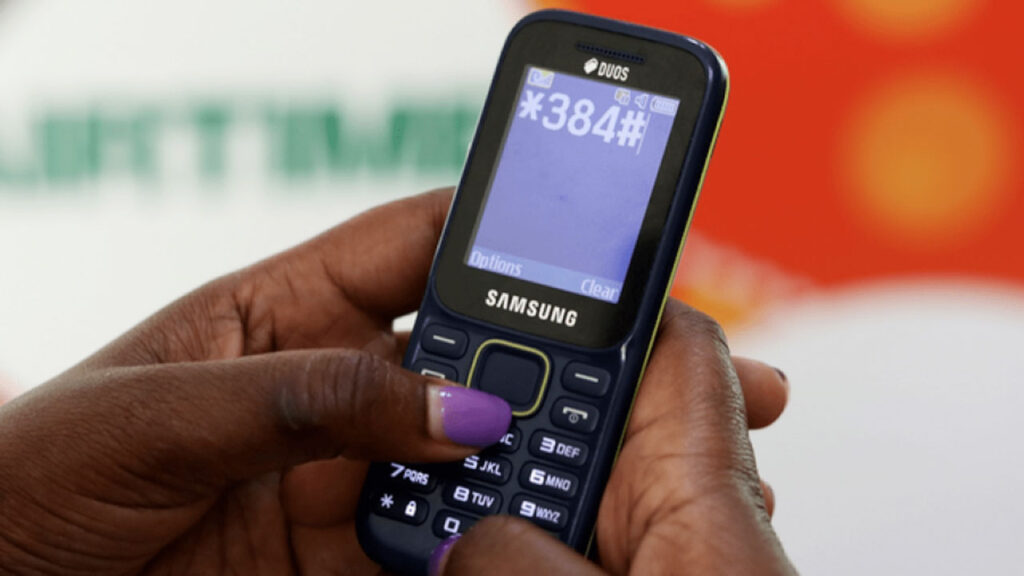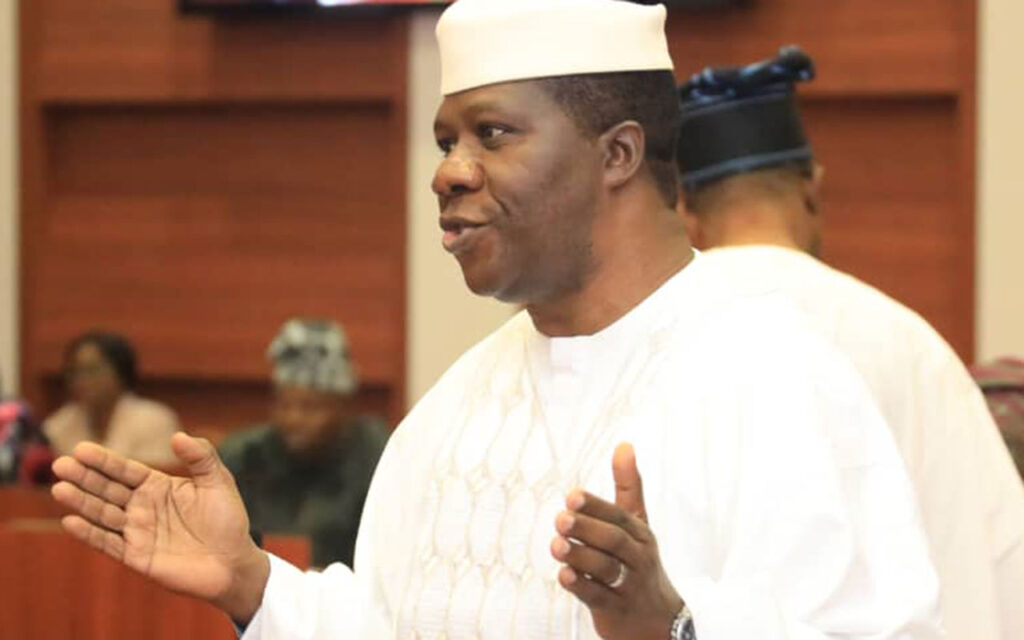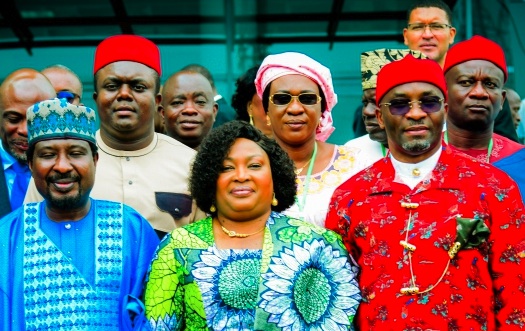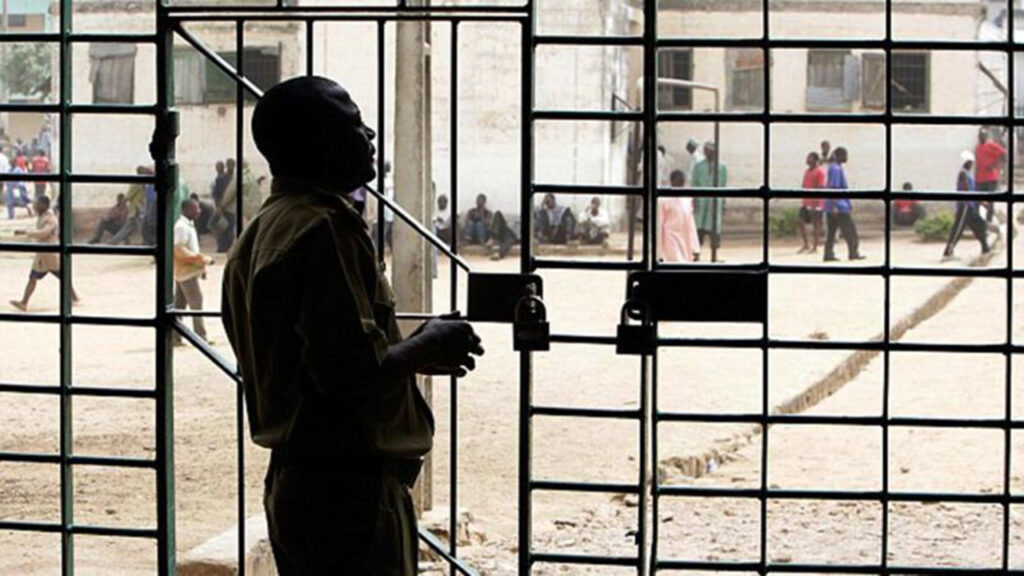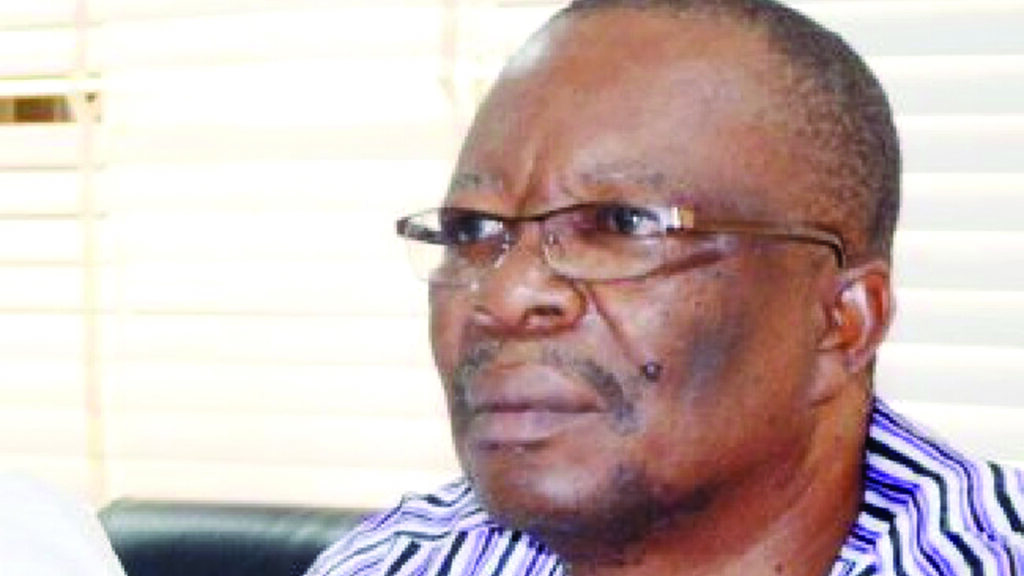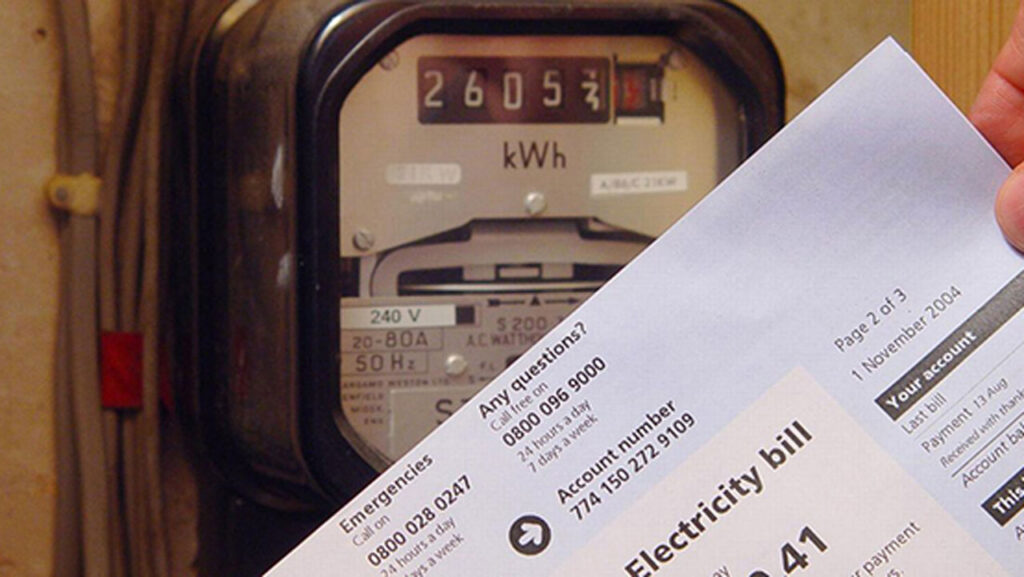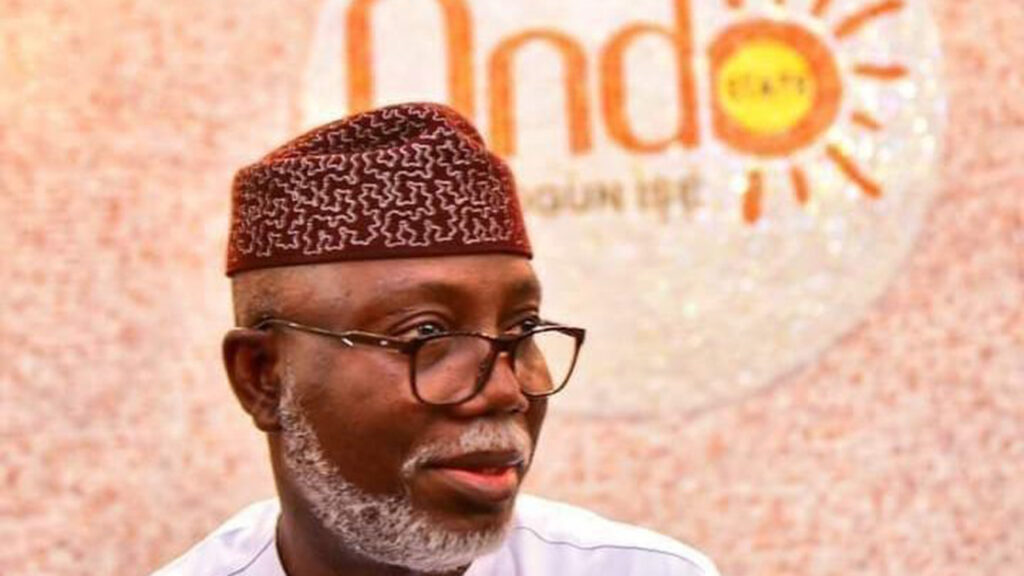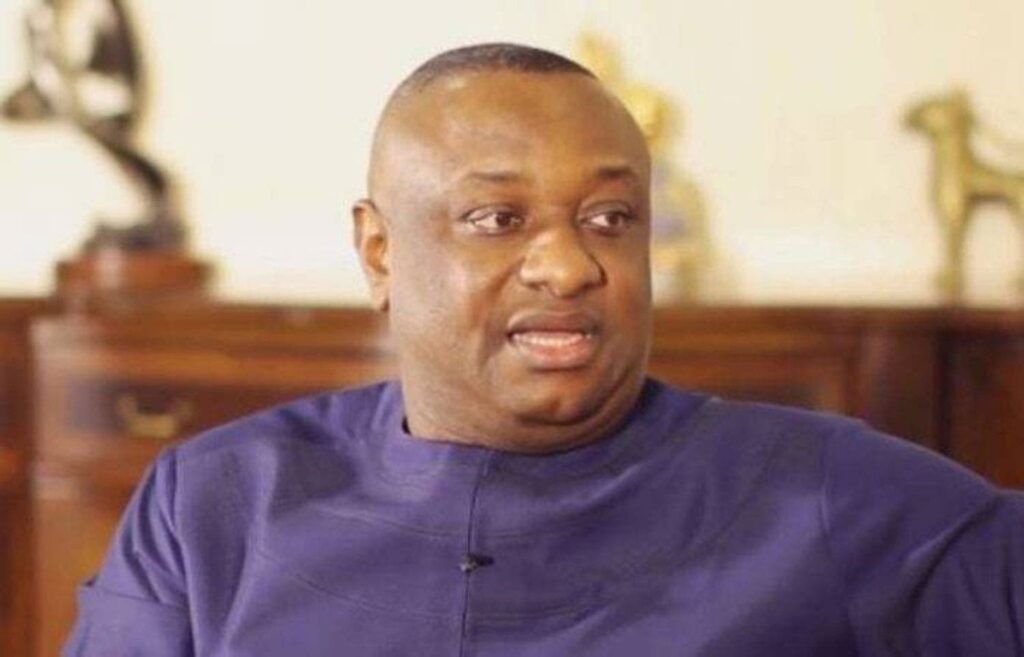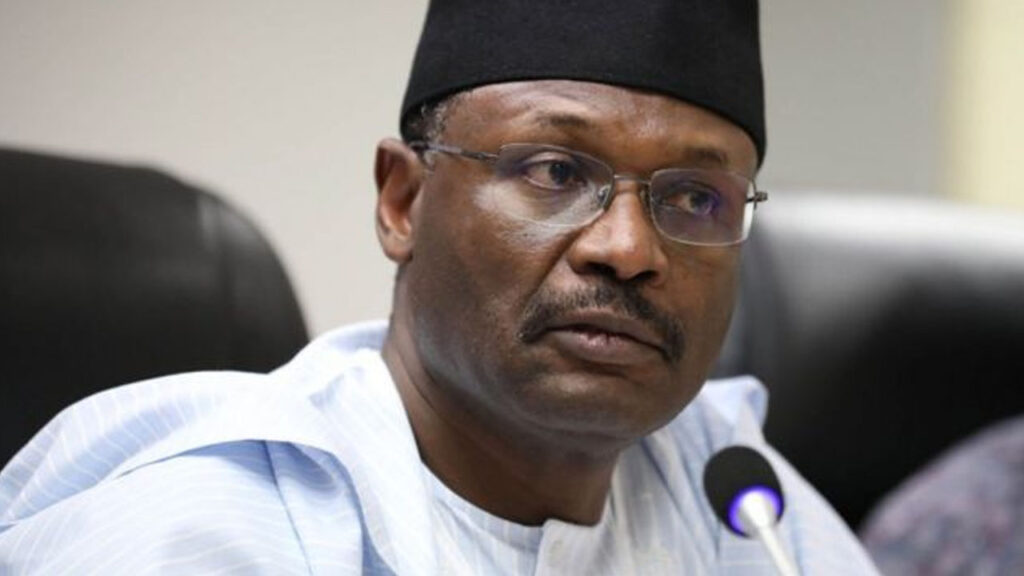
The Executive Director of the Policy and Legal Advocacy Centre (PLAC), Mr Clement Nwankwo, has underscored the significance of 25 years of civilian rule in Nigeria.
Nwankwo made this observation in Abuja during a dialogue session on “Exploring Remedies for Human Rights Abuses in Nigeria, reflecting on the tumultuous history of military rule and the enduring struggle for human rights.”
He said, “Those who remember the extent of suffering under military rule understand why 25 years of civilian administration is crucial to celebrate.”
He noted that Nigerians under military rule endured arbitrary detentions, killings, and various indignities during the brutal years of military dictatorship.
Acknowledging the progress made in human rights so far in the country, Nwankwo regretted that challenges with regard to human rights abuses still persist.
“Human rights remain a challenge in the country. The #EndSARS protests of 2020, where peaceful protesters were shot, highlight ongoing issues with police brutality,” he stated.
On the role of journalists in the human rights struggle, Nwankwo noted, “The collaboration between journalists and human rights activists is long-established. Many journalists who fought against military rule are part of today’s administration, continuing to advocate for human rights and democracy.”
Nwankwo also pointed out the economic struggles faced by Nigerians, linking them to broader human rights issues.
He said, “The rising cost of living and the struggle to earn a living wage are affecting everyone. This economic turmoil will likely lead to further challenges in human rights, and we must be prepared for the consequences.”
He commended the National Human Rights Commission (NHRC) for its efforts and called for continued vigilance and action.
“The NHRC is doing very well, but we must ask ourselves how we can use our organisations to advance human rights further,” Nwankwo said. “It’s crucial to protect those investing in the country and ensure fair treatment by government agencies.”
He emphasised the need for collective action to safeguard human rights and democracy in Nigeria. “We must continue to work towards a free country where everyone’s rights are protected. When anyone’s rights are violated, it affects us all,” he asserted.
Also speaking, the Chief Legal Officer of the NHRC, Okoro Obioha, noted some pressing issues surrounding death sentences and the need for courts to uphold human rights protection standards.
Obioha also brought attention to the ongoing challenges faced by the NHRC due to insufficient funding, insisting that adequate funding is crucial for effective operations and the ability to provide necessary services.
Additionally, a representative from the Police Performance Monitoring and Inspectorate Department of the Ministry of Police Affairs, Simeon Musa, addressed key issues regarding human rights abuses by police officers.
He noted that reporting such abuses online is not the appropriate channel, insisting that using the proper channels will ensure the complainant is protected.

